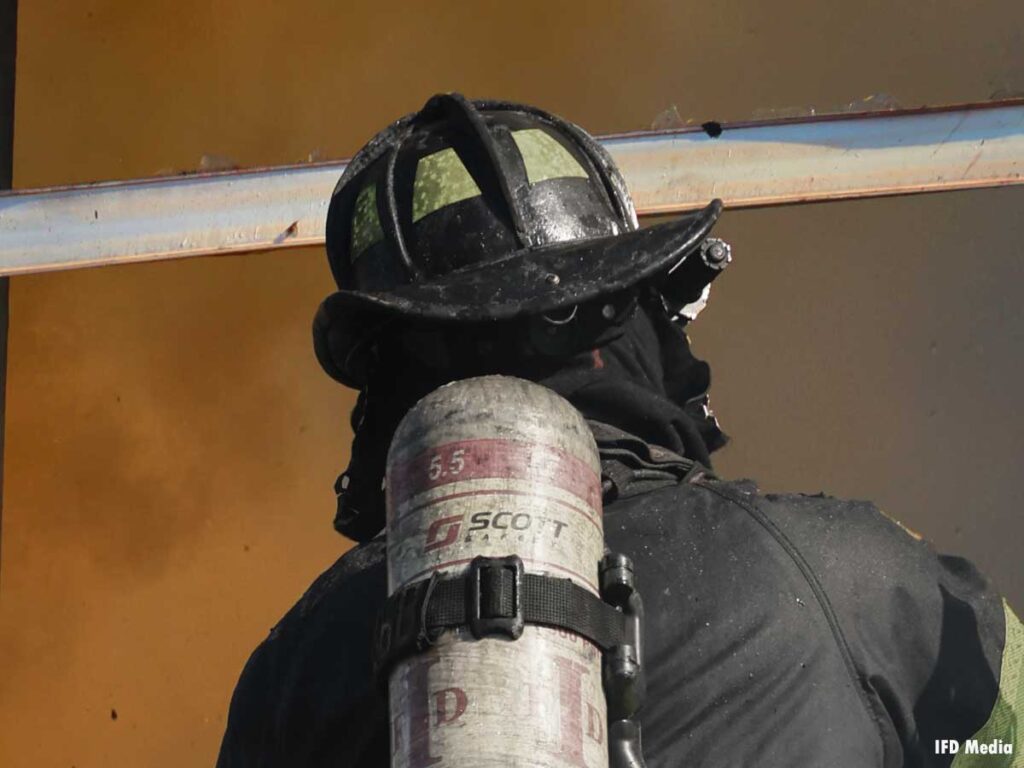
By Ali W. Rothrock
Writing for the NVFC
The word “resilience” has gained traction in the last several years and has become a bit of a buzzword. The concept of resilience can be hard to quantify and can be confused with never letting things get you down or having a stiff upper lip. Real resilience, however, is not about numbing away or ignoring our stress reactions. Rather it is a concerted effort to know ourselves better so we can meet life’s stressors with intentional action instead of dysregulated reaction. True resilience is a formidable yet flexible force that can evolve with change.
Resilience can be seen in those first responders who continue to show up call after call to support their community while taking care of themselves after. Resilient first responders know themselves well enough to understand what sort of support they themselves need and realize that needing help from time to time doesn’t make them any less capable of doing the job. Resilience is in action; it’s also in rest. And as first responders, we can always do a better job of giving ourselves permission to rest.
I’ve been a volunteer firefighter since 2005 and an emergency medical technician since 2008. Additionally, I am earning my master’s degree in trauma and resilience and I’m a certified crisis counselor. As a crisis counselor, I have frequent practice running critical incident stress debriefings. I’ve done these debriefings in the immediate aftermath of fatal house fires, pediatric suicides, tragic line-of-duty deaths, graphic suicide attempts, stillborn babies, and fatal domestic violence incidents. During these sessions, responders talk through their experience of the incident and any feelings they have associated with the incident.
I’ve learned a lot about resilience from the way people respond in these sessions but was often left with a big question of my own. What determines who can fold that experience into their overall life story and find a way to move forward? And even more importantly, what tools could I better provide? What is it that I want them to know and where do I want to direct their curiosity?
My research, education, and firsthand experience has brought me to a succinct answer: resilience. Resilience is a series of choices made both in the moment and postadversity, choices bolstered by a deep resolve that life is still worth living to its fullest extent and that, in the end, we are simply bigger than anything bad that can happen to us. Being resilient is a skill we can hone like anything else we’ve ever learned how to do.
As a first responder, you have continuous opportunities to practice your resilience. First, start by getting to know yourself better. What does it feel like when you reach the point of emotional or mental overwhelm? In the past, what has helped you come back to your baseline? What examples do you have in your life of individuals who handle stress in a healthy way? Where can you find more such examples? Can you interrupt any negative cycles you might be stuck in? Resilience is a process we must actively participate in and take responsibility for.
Becoming more resilient is a deeply personal, lifelong journey of making meaning and meeting ourselves. Acting resiliently is not something only available to certain people. When life asks us a hard question, we can all make the choice to answer resiliently.
Ali W. Rothrock is an author, speaker, and educator who has delivered 500+ presentations nationwide about resilience after trauma and advocating for first responder mental health. As the founder & CEO of On the Job and Off, an online platform dedicated to building more resilient first responders, she draws from her own experience as a volunteer firefighter and emergency medical technician. Ali has an associate degree in fire science, a bachelor’s degree in psychology: crisis counseling, is currently earning her MA in trauma, resilience, and self-care strategies, and is the author of the books Where Hope Lives and After Trauma: Lessons on Overcoming from a First Responder Turned Crisis Counselor.

